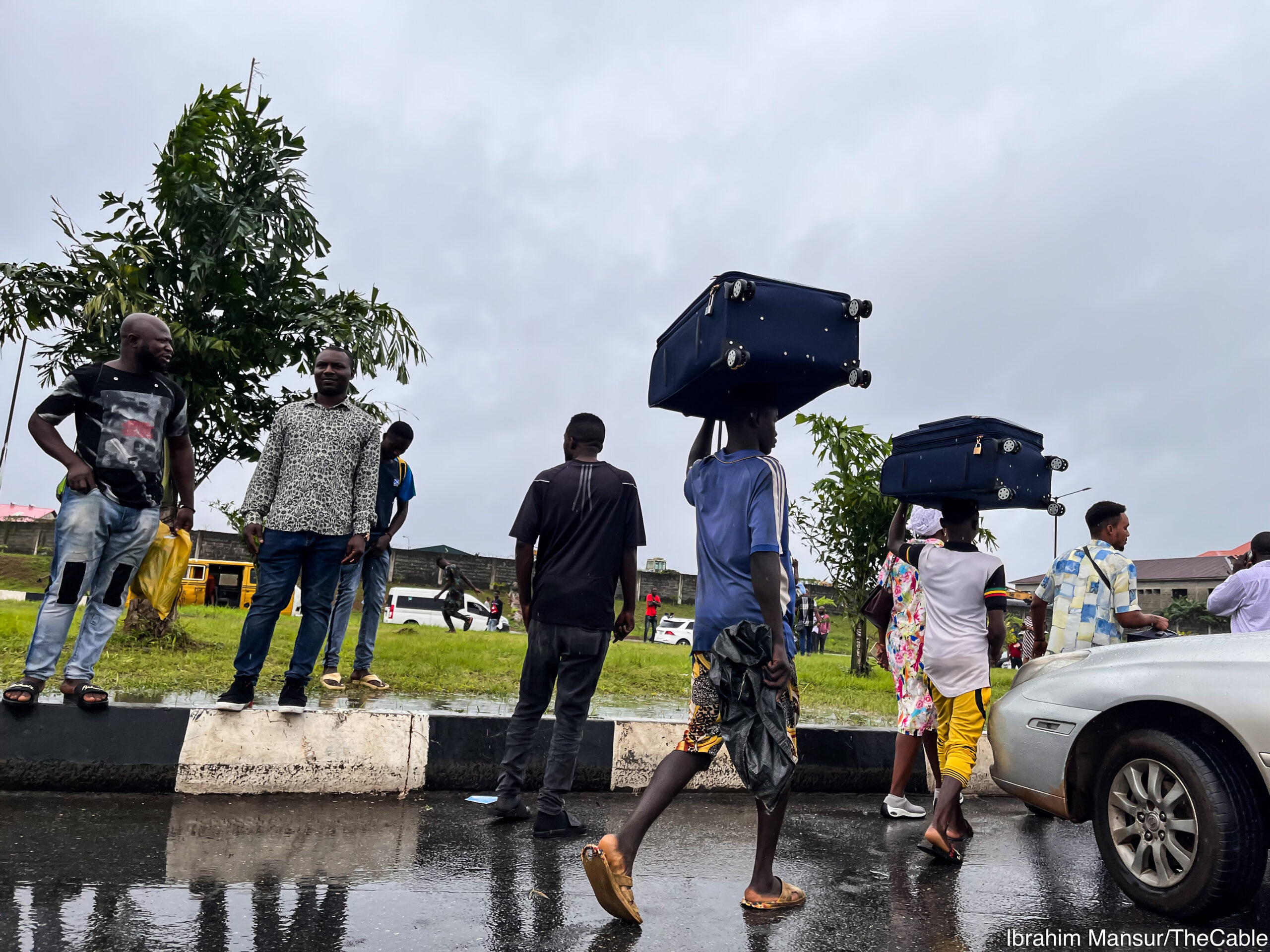BY DAMILOLA AKINYEMI
Some years ago, as an undergraduate, I witnessed firsthand the devastating impact of increased tuition fees on students. The state government raised fees by 400% across all departments in my university and that singular decision led to a significant number of students dropping out of school, including those in their final year. This experience left an indelible mark on me, and I began to question the sustainability of Nigeria’s education system. This article examines the impact of inadequate funding on student dropouts in tertiary institutions and discusses potential remedies to this pervasive problem.
Dropouts are students who enrolled in a course or program but could not finish it. Though sad, the trend of having students drop out of school is not unique to Nigeria. The US National Centre for Education Statistics (NCES) 2024 report indicates that 23.3% of full-time undergraduates in the US leave without a degree, often due to financial instability. Other identified reasons are mental health challenges and the pressures of balancing work and study.
The education sector plays a crucial role in shaping the calibre of human capital released into the country’s labour market. This is why priority should be given to the educational sector, particularly the tertiary institutions. However, to give quality education to all students regardless of their background, financing the sector must be seen as a priority by the government. This is because it affects the overall quality of the education received by the students.
Advertisement
The 2024 Nigerian federal government budget allocation provides ₦1.54 trillion for the education sector, representing 6.39 percent of the total budget. This allocation is a far cry from the 20% recommended by UNICEF. One of the measures implemented by tertiary institutions to cope with low allocation from the federal government is to increase their internally generated revenue through measures like tuition fee hikes.
In 2017, at least 38 tertiary institutions in Nigeria increased their school fees to compensate for the government’s inadequate allocation to the education sector. This can lead to a significant financial burden on students, particularly those from low-income backgrounds, which may in turn lead to many of the indigent students dropping out of school. This data reveals that Nigeria is suffering from a severe education crisis.
To effectively address the education crisis in Nigeria, it is crucial that the government at all levels recognises the vital role education plays in the country’s development. This starts with allocating sufficient funds to the education sector. Increasing the federal government’s funding allocation to at least 20% of the annual budget would significantly impact the education sector and reduce the hardship on students in the tertiary institutions.
Advertisement
Additionally, implementing scholarships and financial aid programs would help bridge the gap for indigent students, enabling them to access quality education.
The government can do this by first establishing a national scholarship board to coordinate scholarship programs across the country. Nigeria has an existing scholarship board called the Federal Scholarship Board (FSB) as a department under the federal ministry of education, responsible for managing and coordinating scholarship programs for Nigerian students. The government can strengthen this board by setting aside a specific budget for scholarship programs.
To ensure efficient disbursement of scholarship funds, the government can partner with financial institutions to facilitate secure transactions. A payment system should also be established to guarantee the timely and transparent disbursement of funds. Furthermore, regular monitoring and evaluation of scholarship programs will enable the government to assess their effectiveness and make necessary adjustments to optimise their impact.
To identify eligible students, the government can conduct needs assessments to pinpoint students from low-income backgrounds, disadvantaged groups, or those with exceptional academic abilities. Clear eligibility criteria should then be established, considering factors such as academic performance, financial need, and community service. Also, a user-friendly application process should be created, featuring online portals and support hotlines to facilitate easy application and support for prospective scholarship recipients.
Advertisement
To ensure the sustainability and funding of scholarship programs, the Nigerian government should make its funding commitments long-term as well as secure long-term funding commitments from private sector partners and international organisations. Additionally, exploring alternative funding sources, such as public-private partnerships, crowdfunding, endowment funds, and social impact bonds, can provide innovative solutions and guarantee their continued impact and effectiveness.
By implementing these recommendations, dropout rates can be reduced, and more young people can have access to quality education. It’s time for the government to take decisive action to address the education crisis. We owe it to ourselves, our children, and the future of our nation.
Damilola Akinyemi is a seasoned legal practitioner and researcher with a passion for education. She can be reached at [email protected]
Advertisement
Views expressed by contributors are strictly personal and not of TheCable.










